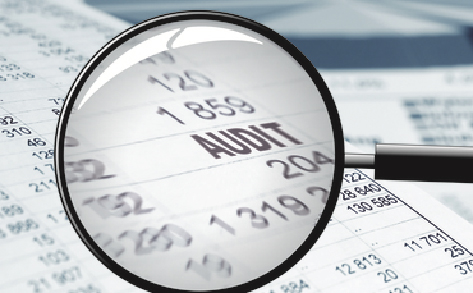No business wants to be subject to an audit. But if it does happen to one of your clients, how can you best advise them on what to do? You may not offer audit services as part of your accounting practice, but you can offer sound guidance and provide a common-sense approach to help your client survive their review.
When a business owner receives a notice of routine audit, there are typically three responses: (1) panic, (2) non-responsiveness, or (3) careful planning. There are many effective and structured ways for your client to handle an audit. Participating the audit without sufficient planning, documentation and a good understanding of the rules can almost ensure that the audit is an unpleasant, costly experience.
What can your client expect, and how can you assist them?
The taxing authority will send a letter listing all of the documents that should be made available for review during the audit. It is your client’s responsibility to provide the requested documents. Failure to provide the requested documents will not forestall the audit, and if the requested records are not produced, the taxing authority has the right to estimate the audit deficiency.
This is a worst case scenario. Estimates of tax due are never a gift to the taxpayer. It is in your clients’ best interest to cooperate with the auditor and provide the requested documents. If they do not have the records, you should help them explore other avenues to obtain them.
Audits are deadline-driven. Do not underestimate the value of knowing and preparing to adhere to the specified deadlines. Nothing is worse than being required to pay a questionable bill because your (correct) objection was late.
Stay abreast of what is going on with your client’s audit. It is imperative that you know quickly if there are any issues that can be addressed before the auditor completes their fieldwork. Work with your client to ask for updates about any potential issues throughout the audit process. You want to ensure you have the most time to present the auditor with information that can reduce a deficiency.
The quicker you can come to a resolution, the more money your client is likely to save. Interest ticks away until the taxing authority is paid. Avoid prolonging the audit when possible and resolve as many issues as possible with the auditor.
No one approach is best for every client. But there are universal errors to avoid. You and your client should approach an audit professionally and courteously with the understanding that everyone has a function in the process, including you.
————-
Mary C. Thomas is a TX CPA/attorney who works in state and local sales/use tax. As a principal of Thomas, Thomas & Thomas, PC, she helps business owners and accountants comply with sales/use tax regulations.
Thanks for reading CPA Practice Advisor!
Subscribe Already registered? Log In
Need more information? Read the FAQs





